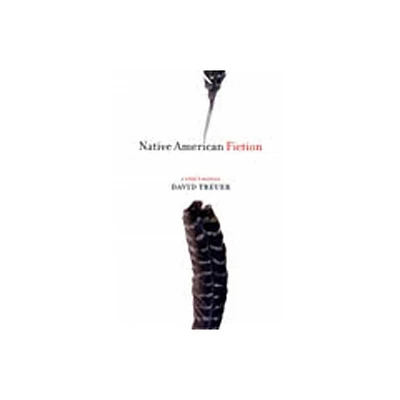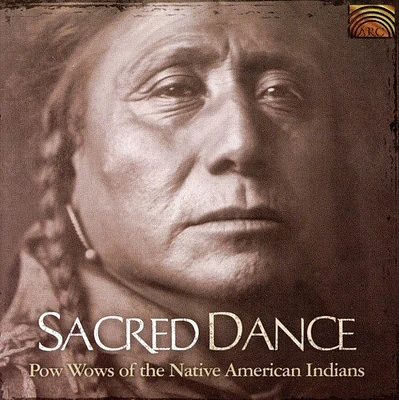Home
Native American Fiction: A User's Manual
Loading Inventory...
Barnes and Noble
Native American Fiction: A User's Manual
Current price: $18.00


Barnes and Noble
Native American Fiction: A User's Manual
Current price: $18.00
Loading Inventory...
Size: Paperback
*Product Information may vary - to confirm product availability, pricing, and additional information please contact Barnes and Noble
An entirely new approach to reading, understanding, and enjoying Native American fiction
This book has been written with the narrow conviction that if Native American literature is worth thinking about at all, it is worth thinking about as literature. The vast majority of thought that has been poured out onto Native American literature has puddled, for the most part, on how the texts are positioned in relation to history or culture.
Rather than create a comprehensive cultural and historical genealogy for Native American literature, David Treuer investigates a selection of the most important Native American novels and, with a novelist's eye and a critic's mind, examines the intricate process of understanding literature on its own terms.
Native American Fiction: A User's Manual
is speculative, witty, engaging, and written for the inquisitive reader. These essays—on Sherman Alexie, Forrest Carter, James Fenimore Cooper, Louise Erdrich, Leslie Marmon Silko, and James Welch—are rallying cries for the need to read literature as literature and, ultimately, reassert the importance and primacy of the word.
This book has been written with the narrow conviction that if Native American literature is worth thinking about at all, it is worth thinking about as literature. The vast majority of thought that has been poured out onto Native American literature has puddled, for the most part, on how the texts are positioned in relation to history or culture.
Rather than create a comprehensive cultural and historical genealogy for Native American literature, David Treuer investigates a selection of the most important Native American novels and, with a novelist's eye and a critic's mind, examines the intricate process of understanding literature on its own terms.
Native American Fiction: A User's Manual
is speculative, witty, engaging, and written for the inquisitive reader. These essays—on Sherman Alexie, Forrest Carter, James Fenimore Cooper, Louise Erdrich, Leslie Marmon Silko, and James Welch—are rallying cries for the need to read literature as literature and, ultimately, reassert the importance and primacy of the word.

















